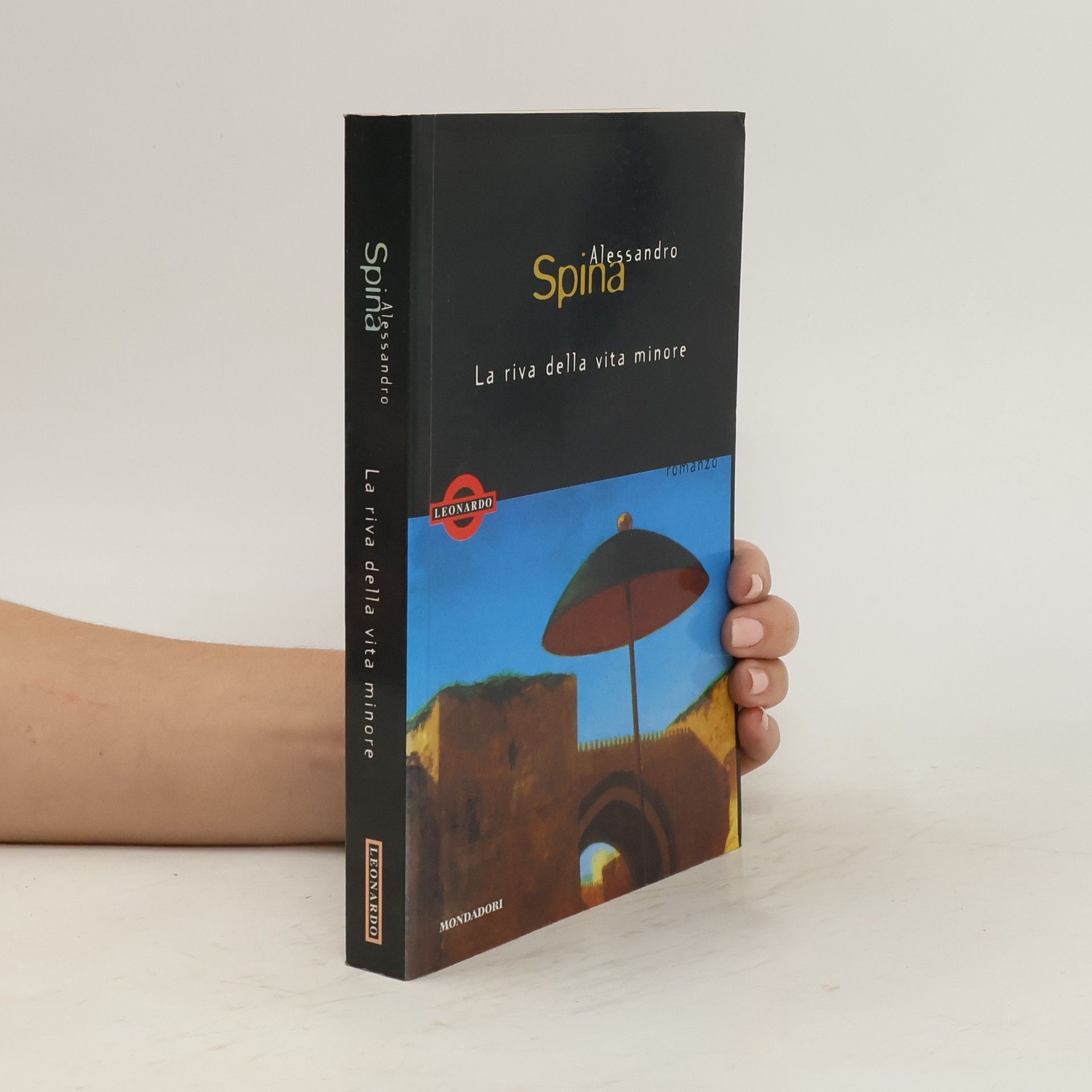La riva della vita minore
- 314pagine
- 11 ore di lettura
Alessandro Spina, autore di origine siriana poi naturalizzato italiano, ha esplorato nei suoi scritti temi legati al mondo coloniale. La sua opera è stata riconosciuta per la qualità e la profondità, come testimonia la sua fitta corrispondenza con importanti figure letterarie. Dopo anni formativi trascorsi tra Libia e Milano, si è stabilito definitivamente in Italia per dedicarsi completamente alla letteratura. I suoi romanzi, raccolti nel ciclo "I confini dell'ombra", indagano la complessità dell'identità e delle relazioni umane in un contesto postcoloniale.
